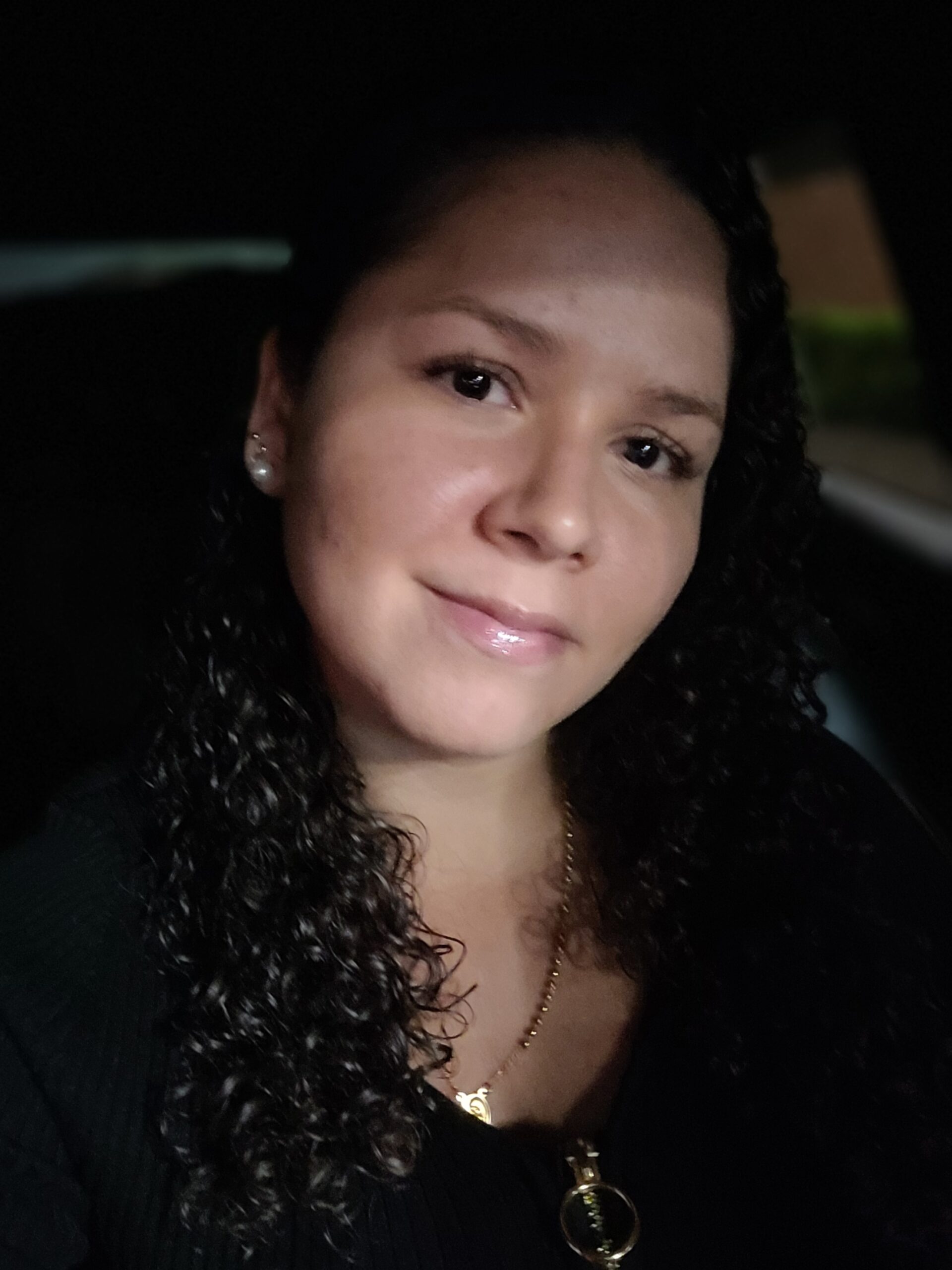Managing personal finances can seem overwhelming, especially for beginners. However, with the right strategies, anyone can take control of their financial life and work towards a stable and secure future. In this guide, we’ll walk you through the essential steps to organize your personal finances from scratch and set yourself up for long-term success.
Understand Your Financial Situation
Before making any financial decisions, you need to assess your current financial status. This means knowing how much money you earn (salary, side hustles, passive income, etc.), your monthly expenses (rent, groceries, utilities, entertainment, etc.), any outstanding debts (credit cards, student loans, car loans, etc.), and your savings and investments (if any).
To get a clear picture, track your income and expenses for at least a month. You can use a notebook, spreadsheet, or budgeting apps like Mint, YNAB, or PocketGuard.
Create a Monthly Budget
A budget is a crucial tool for managing your money effectively. One of the best budgeting methods for beginners is the 50/30/20 rule: 50% for needs such as rent, utilities, groceries, and transportation, 30% for wants such as dining out, entertainment, and hobbies, and 20% for savings and debt repayment.
Adjust these percentages based on your financial goals, but always prioritize saving and debt repayment.
Build an Emergency Fund
Unexpected expenses can arise at any time, such as medical emergencies, car repairs, or job loss. That’s why you need an emergency fund—money set aside for unforeseen situations. A good rule of thumb is to save at least three to six months’ worth of living expenses in an easily accessible account, like a high-yield savings account. Start small and gradually increase your savings over time.
Reduce Unnecessary Expenses
If you often find yourself struggling with money, take a closer look at your spending habits. Some ways to cut unnecessary expenses include cooking at home instead of eating out, canceling unused subscriptions and memberships, using public transportation instead of taxis or ride-sharing apps, buying generic brands instead of expensive name brands, and reducing impulse purchases by waiting 24 hours before making a non-essential buy. Even small adjustments can make a big difference over time.
Tackle Debt Strategically
Debt can quickly spiral out of control if not managed properly. If you have debts, use one of these strategies to pay them off efficiently: the snowball method, where you pay off the smallest debts first to gain momentum, or the avalanche method, where you focus on paying off debts with the highest interest rates first to save money in the long run. Whichever method you choose, make at least the minimum payments on all debts to avoid penalties and damage to your credit score.
Start Saving and Investing
Once you have a budget and emergency fund, it’s time to think about long-term financial growth. Keep your emergency fund in a high-yield savings account and start investing in index funds, stocks, or retirement accounts like a 401(k) or IRA. If you’re a complete beginner, consider robo-advisors like Betterment or Acorns to automate your investments.
Set Financial Goals
Having clear goals can help you stay motivated. Some common financial goals include paying off all debt within a specific timeframe, saving for a down payment on a house, building a retirement fund, and traveling without going into debt. Break your goals into short-term, medium-term, and long-term objectives and track your progress regularly.
Monitor and Adjust Your Finances Regularly
Your financial situation will change over time, so it’s important to review and adjust your plan. Set a monthly or quarterly money check-in to review your budget and spending, assess your savings and investment progress, and make necessary adjustments based on life changes such as job changes, marriage, or children.
Take Control of Your Finances Today
Organizing your personal finances doesn’t have to be complicated. By following these steps—understanding your finances, budgeting, saving, investing, and setting goals—you can achieve financial stability and peace of mind. Start small, stay consistent, and build good financial habits that will serve you for a lifetime. The sooner you take control of your money, the brighter your financial future will be.

